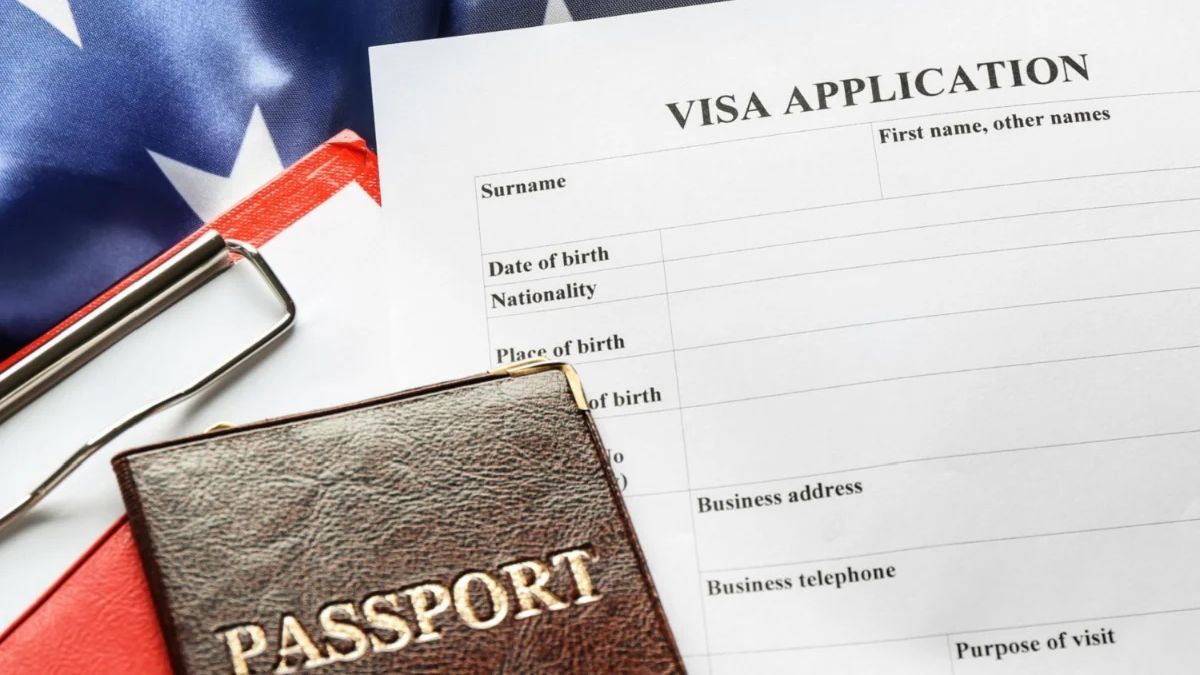Planning a trip to the US? You may have to shell out an extra $250 (Rs 21,401) as part of your visa application from next year. The US has introduced a new Visa Integrity Fee, a security deposit of sorts, that applies to most non-immigrant visa applicants.
The fee was rolled out under the One Big Beautiful Bill Act , signed into law by US President Donald Trump on July 4. Starting next year, it will apply to a wide range of visa categories, including B-1/B-2 (tourist/business), F and M (student), H-1B (work), J (exchange), and several other temporary visas.
Only certain categories, like diplomatic visas (A and G types), have been excluded from the new rule.
So why this extra charge? And what does it mean for Indian tourists, students, and professionals heading to the US? Here’s a closer look.
What is the Visa Integrity Fee?
The Visa Integrity Fee works much like a security deposit, according to US-based immigration services firm Fragomen. It’s a non-waivable $250 charge that will be collected by the Department of Homeland Security (DHS) at the time the visa is issued.
Starting in fiscal year 2026, the fee will also be adjusted annually for inflation, making it a cost that’s expected to slowly rise over time, as reported by India Today.
This charge is separate from regular visa application fees and cannot be waived, reduced, or exempted for most applicants.
However, travellers who follow all visa rules carefully, such as not taking up unauthorised work and leaving the
US within five days after their authorised stay ends (unless they’ve legally extended or changed their status), may be eligible for a refund.
If an applicant overstays or violates the terms of their visa, the US government will retain the entire amount.
How will it impact Indians?
From next year, Indian travellers heading to the US, especially tourists and students, will find visa costs rising sharply. While the base visa fee will stay the same, several new charges are being added on top.
Along with the $250 Visa Integrity Fee, applicants will also need to pay a $24 I-94 surcharge (around Rs 2,094), which goes towards funding admission and border tracking systems.
Depending on the applicant’s eligibility, some travellers using ESTA or EVUS systems could face additional fees of $13 ( Rs 1,112) or $30 ( Rs 2,568), respectively.
All of this means the cost of a B-1/B-2 tourist or business visa, which is currently $185 (roughly Rs 15,855), could go up to around $472 (approx. Rs 40,456), nearly 2.5 times the current cost.
Why is the US charging the Visa Integrity Fee?
The Trump administration says the new fee is aimed at reducing visa overstays and ensuring travellers stick to the terms of their visas. By adding a refundable security deposit, the government hopes to encourage better compliance.
But not everyone agrees. Critics argue that this extra cost unfairly targets law-abiding travellers, particularly from countries like India, where the visa process is already expensive and time-consuming.
Adding to the frustration is the growing backlog in the US immigration system . As of now, the US Citizenship and Immigration Services (USCIS) is dealing with a record 11.3 million pending applications, creating massive delays.
A Newsweek report noted that immigration lawyers believe many of these delays stem from Trump administration policies, which ramped up scrutiny in the name of fraud prevention. While the goal was to tighten immigration rules, the result has been slower processing and mounting backlogs.
In fact, USCIS data from the first quarter of 2025 (January–March) shows that the delays continue to get worse each quarter. Some visa applicants are now waiting months, even years, for their applications to be processed, depending on the category.
With input from agencies
)